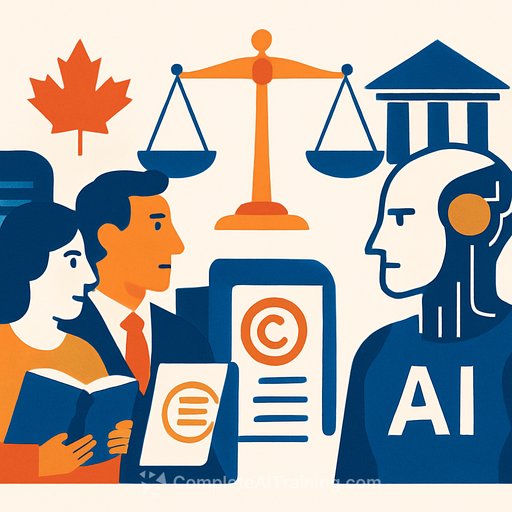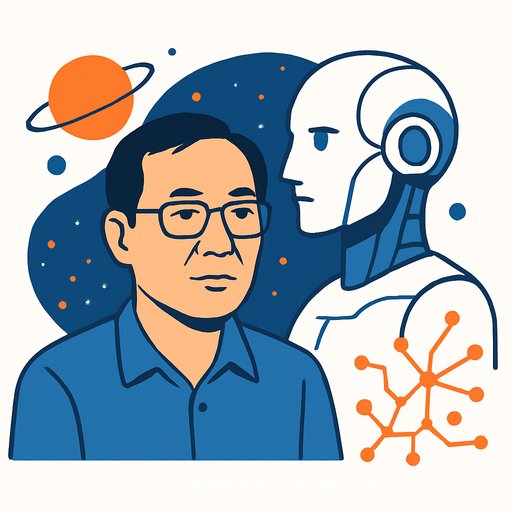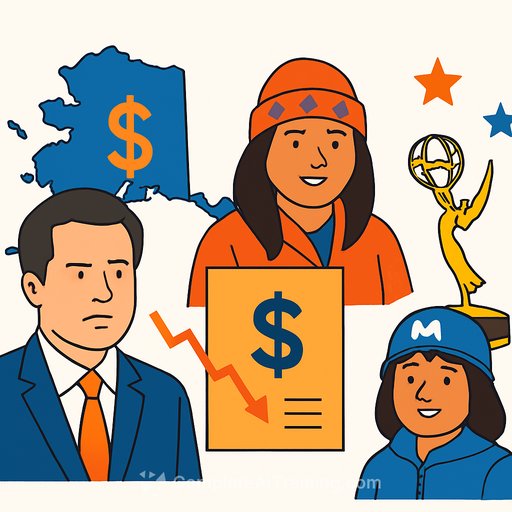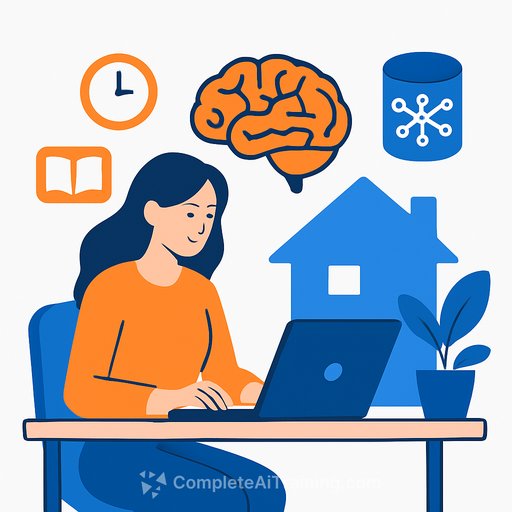Canadian Author Takes Legal Action Against AI Companies Over Copyright Use
Vancouver author J.B. MacKinnon has launched four proposed class action lawsuits against major AI companies, accusing them of using copyrighted Canadian works without permission to train their large language models (LLMs). MacKinnon, known for The 100-Mile Diet and The Once and Future World, filed suits in B.C. Supreme Court targeting Nvidia, Meta, Anthropic, and Databricks Inc.
The lawsuits claim these companies included MacKinnon’s books in a dataset of nearly 200,000 titles used to train AI models without securing licenses or author consent. MacKinnon explained to the Canadian Broadcasting Corporation that this isn't a minor issue: "The models were entirely built on the mining of copyrighted work."
What the Lawsuits Demand
- An injunction to stop Nvidia from continuing to use unauthorized copyrighted materials for AI training.
- Full accounting of profits related to the alleged infringement, potentially requiring Nvidia to return earnings gained through this use.
- Compensation for copyright owners for the unlawful use of their works.
- Punitive damages to penalize what the lawsuits describe as "repeated, willful and knowing infringement."
Additionally, the lawsuits accuse the companies of deliberately removing copyright information before using books in training and instructing their AI models to give misleading answers about the source of their training data.
Legal Context and Industry Impact
Similar cases in the U.S. have produced mixed outcomes. Recently, judges in San Francisco ruled that while training AI with books might qualify as fair use, using pirated material is illegal. One class action against Anthropic was allowed to proceed. However, Canadian courts are not bound by U.S. rulings, so this case could set new precedents in Canada.
Attorney Reidar Mogerman, representing MacKinnon, emphasized that this fight goes beyond individual claims. He said, "The goal of the companies is not to transform the world, it's to make money. You can respect both the values of the copyright system and the ability of these companies to create these models. It's just that you can't throw out one to create the other, especially when the thing you create is going to be a competitive threat to the work the authors did."
What This Means for Writers
MacKinnon, also an adjunct journalism professor, highlights a serious concern: AI models trained on unauthorized works can compete directly with human writers, potentially displacing them. He described the situation as Canadian writers being "the David against the Goliath."
For writers, this case is a reminder to stay informed about how AI is developed and the legal protections surrounding creative works. Understanding these issues can help writers advocate for their rights as AI technology advances.
Writers interested in exploring AI tools ethically may find resources on AI training and courses helpful. For more information, visit Complete AI Training.
Your membership also unlocks:






